The human body possesses the amazing ability to protect itself from aging, repair damage, support heart and brain health, and fight off many diseases through systems that maintain internal chemical balance.
Now, Israeli and American scientists have shed light on how one of these systems works, offering clues to extending healthy and active years into old age.
The study focused on a protein known to promote longevity and prevent disease. Scientists found that this protein does more than protect against aging. It tightly regulates a molecule called hydrogen sulfide, which supports wound healing, heart health, and brain function.
While natural hydrogen sulfide levels decline with age, this protein helps maintain optimal production levels—high enough to protect cells and tissues, but not exceeding harmful thresholds.
“This protein acts like an internal version of a calorie-restricted diet,” says Professor Haim Cohen, Director of the Sagol Center for Healthy Aging at Bar-Ilan University. “It protects the body from age-related diseases and helps maintain a natural balance as we age. The protein is like putting one foot on the gas and one foot on the brake – boosting hydrogen sulfide production when it’s beneficial, but at the same time keeping it from going over harmful levels.”
The study builds on previous work suggesting that the protein may extend lifespan and protect against a variety of age-related diseases. However, the exact mechanisms underlying these effects remain unclear.
The new results suggest that the key lies in the ability to precisely regulate hydrogen sulfide levels, rather than simply increasing levels of the molecule, underscoring the importance of balance for healthy aging.
“This finding reflects one of the body’s natural strategies for maintaining health as we age,” explains Professor Cohen. “Understanding how this protein controls hydrogen sulfide production could help us better understand how to slow the aging process and pave the way for therapies that prolong health.”
The findings could spur the development of drugs that boost or fine-tune Sirt6 activity without the need for severe calorie restriction, which could help prevent or slow age-related diseases such as cancer, diabetes, cardiovascular disease and overall decline in health.
Because Sirt6 precisely regulates hydrogen sulfide (H₂S) levels, treatments could be targeted at maintaining optimal H₂S levels, avoiding excess or deficiency – thereby improving wound healing, heart health and brain function in older adults. Additionally, H₂S levels and Sirt6 activity could serve as biomarkers for assessing the rate of biological aging and developing personalized interventions.
The study was recently published in the Proceedings of the National Academy of Sciences, the world's leading peer-reviewed scientific journal./.
Source: https://www.vietnamplus.vn/giai-ma-co-che-giup-co-the-duy-tri-suc-khoe-khi-lao-hoa-post1077831.vnp


![[Photo] General Secretary To Lam receives Slovakian Deputy Prime Minister and Minister of Defense Robert Kalinak](https://vphoto.vietnam.vn/thumb/1200x675/vietnam/resource/IMAGE/2025/11/18/1763467091441_a1-bnd-8261-6981-jpg.webp)

![[Photo] Prime Minister Pham Minh Chinh and his wife meet the Vietnamese community in Algeria](https://vphoto.vietnam.vn/thumb/1200x675/vietnam/resource/IMAGE/2025/11/19/1763510299099_1763510015166-jpg.webp)





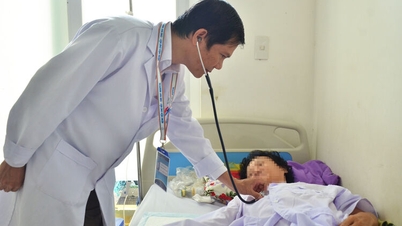





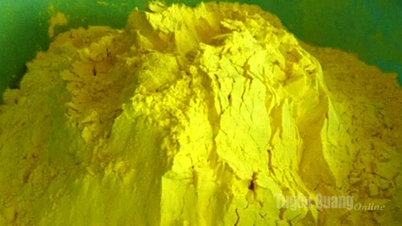




















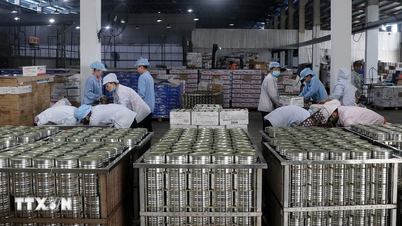
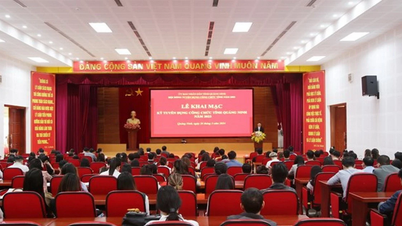



























































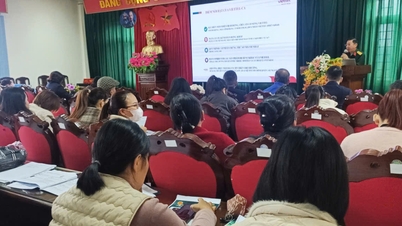




















Comment (0)